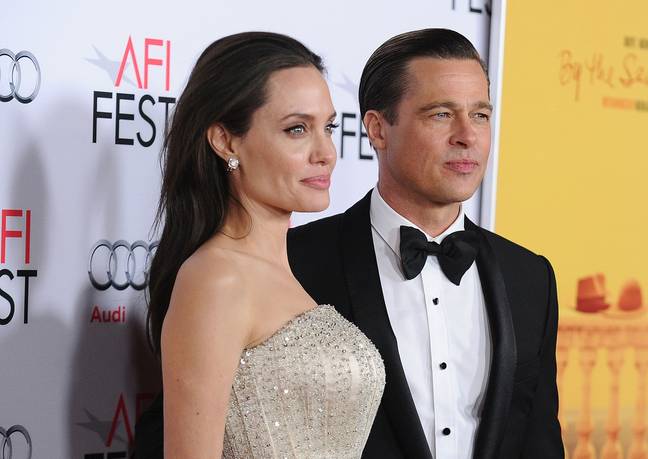Long the subject of international uproar but comparatively little analysis, the quasi-Kafkaesque administration holding Zimbabwean president Robert Mugabe‘s corrupt dictatorship in place finally gets the first-hand scrutiny it merits in Camilla Nielsson’s riveting documentary “Democrats.” Tracing the tortuous process of cross-party negotiation behind the country’s 2013 constitution, Nielsson’s film lays bare one country’s specifically soured dreams of democracy while imparting more universal insight into the art and craft of political diplomacy. The result, filmed over three years with an astonishing level of internal access, is at once important and impishly entertaining, brightened by the kind of eccentric local color that cannot be forged or imagined.
“Democracies in Africa are a difficult proposition, because always the opposition will want more than it deserves,” says a smirking Mugabe — not a man without wit, as tyrannical despots go — in a speech recorded at the outset of “Democrats.” Such is the degree of confident disdain with which Mugabe’s ZANU-PF party has regarded its rivals, however formidable, since coming to power in 1980, even in the face of official defeat. When Morgan Tsvangirai’s more liberal-minded Movement for Democratic Change earned enough votes in Zimbabwe’s egregiously mishandled 2008 parliamentary election to force a coalition government, ZANU-PF made minimal allowances for its new co-pilots, effectively acting as a party in denial.
Nielsson’s film finds participants on both sides of the political divide agreeing that the situation is something of a charade, though their agreement goes no further: “The game of politics is pretending,” says ZANU-PF representative Paul Mangwana with genial indifference, while his MDC counterpart Douglas Mwonzora separately fumes that the country at large is “a nation of pretenders.” This neat semantic flip introduces and defines the two men who emerge as the qualified heroes of this political quagmire: Elected co-chairpersons of parliamentary select committee COPAC, Mangwana and Mwonzora are charged with creating a new constitution (“the second most important book after the Bible”) that satisfies the principles of both parties. Furthermore, the Zimbabwean public is also invited into the process by means of countrywide grassroots consultations.
What sounds noble in theory, however, proves increasingly shambolic in practice. Nielsson and cinematographer Henrik Bohn Ipsen are somehow quietly present for any number of calamitous conflicts and fallouts both behind and beyond closed doors, as the poisoned project falls months, and eventually years, behind schedule. The boardroom back-and-forth between the parties’ respective teams is heated enough — amplified by media leaks and petty arrests — though it’s the public hearings, some of which resulted in fatal riots, that contain much of the film’s most blistering material. One scene of a crowd, drilled in advance by ZANU-PF secret police, unanimously requesting that President Mugabe retain the exclusive right to appoint court judges, is as horrifying as it is farcically hilarious. (Mwonzora’s dry response: “I should commend them for being very disciplined.”)
What should be the stuff of furious political satire, then, is instead presented as untempered reality. With such truthfully absurdist material to hand, Nielsson’s cleanly constructed film has no need of voiceover, secondary talking heads or any manner of bells-and-whistles editorialization. Neither, however, does the film carry the remote chill of a nonfiction procedural: There’s ample humanity to balance its cruel ironies, courtesy of the charismatic odd couple at its center. The personal war and distinctly gradual meeting of minds between Mangwana and Mwonzora — the former bullish and conservative, the latter urbane and progressive, both smarter than they initially deem each other to be — is as compelling as the political battle they’re fighting.
In the process, each man is revealed as something far more complex and compromised than a mere mouthpiece for party policy: “Convincing my party that it needs to change is not easy,” Mangwane sighs, suggesting even ZANU-PF brass have one eye on a tricky post-Mugabe future. (The final constitution includes a loophole that allows Mugabe’s presidential term to continue indefinitely, though its most contentious clause involves capping future leaders’ terms.) While the road to freedom enjoyed by Zimbabwe’s neighboring nation South Africa has been generously celebrated on film in the 20 years since its landmark 1994 election, “Democrats” serves as a rare, vital snapshot of a democracy still very much in the planning stages.
“Democrats” — 3.5 stars
MPAA rating: Unrated
Running time: 1:40
Opens: Friday at Facets, 1517 W. Fullerton Ave., www.facets.org





